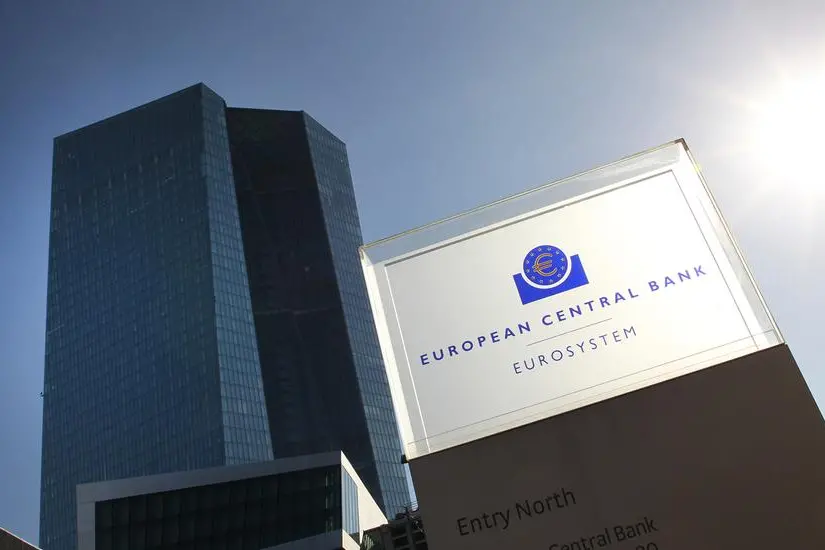PHOTO
Eurozone inflation is still "too high" and the European Central Bank will keep hiking interest rates but at a more gradual pace, president Christine Lagarde said Thursday.
"We are getting a bit closer to our cruising altitude, not there yet, and that means that we need to continue climbing, but not as rapidly," Lagarde told a banking conference in Hanover, Germany.
Eurozone inflation fell sharply to 6.1 percent in May, new data showed Thursday, on the back of cooling energy prices.
But the figure remains well above the ECB's two-percent target.
"Inflation is still too high," Lagarde said.
Like other central banks around the world, the ECB embarked on an aggressive rate hiking cycle last year to bring down prices.
Moving "at our fastest pace ever", Lagarde said, the ECB has lifted interest rates by 3.75 percentage points since last July.
"The real question is: how much higher do we need to go?" she said.
"The plane needs to climb high enough to reach its destination -- but not so high as to exceed it."
While energy prices had come down recently, after surging in the wake of Russia's invasion of Ukraine, higher wage demands were now becoming an important driver of inflation, Lagarde said.
Workers across Europe, boosted by a tight labour market, have been calling for salary increases to help compensate for the rising cost of living.
That was "especially visible" in Europe's biggest economy Germany, Lagarde said, where unions have clinched significant pay increases in recent months.
"There is no clear evidence that underlying inflation has peaked," Lagarde warned, referring to a measure of inflation that strips out volatile food and energy prices.
Similar concerns were raised by ECB governing council members at their meeting last month, according to the minutes released on Thursday.
"Some of the latest wage increases, notably in the public sector, were widely seen as worrisome," the account of the meeting read.
Negotiated wages, including one-off payments, "had grown by more than five percent year on year in January and February", policymakers noted, adding to "upside risks to inflation".
The ECB will unveil its next monetary policy decisions on June 15, with observers pencilling in a rate hike of 25 basis points.





















